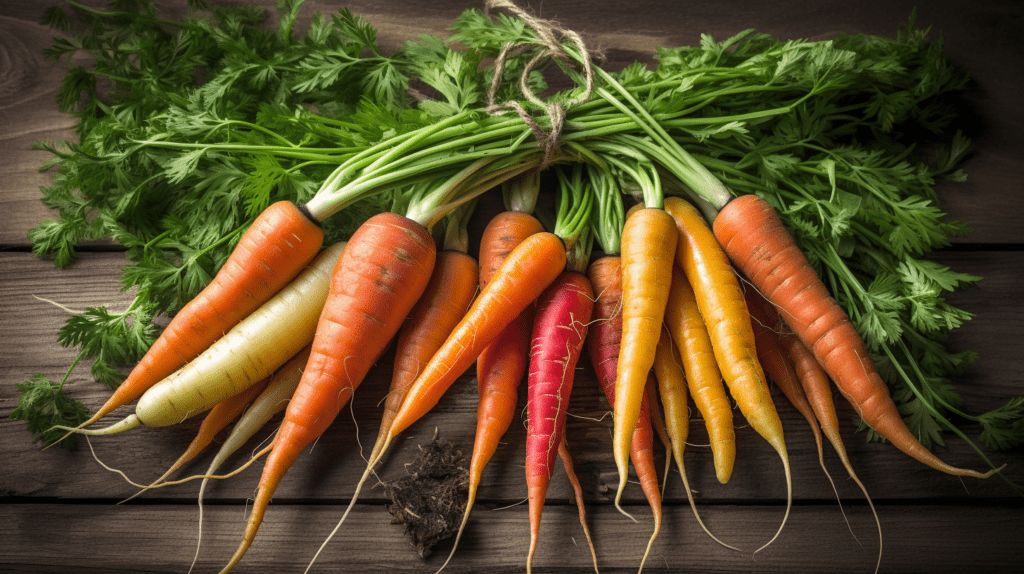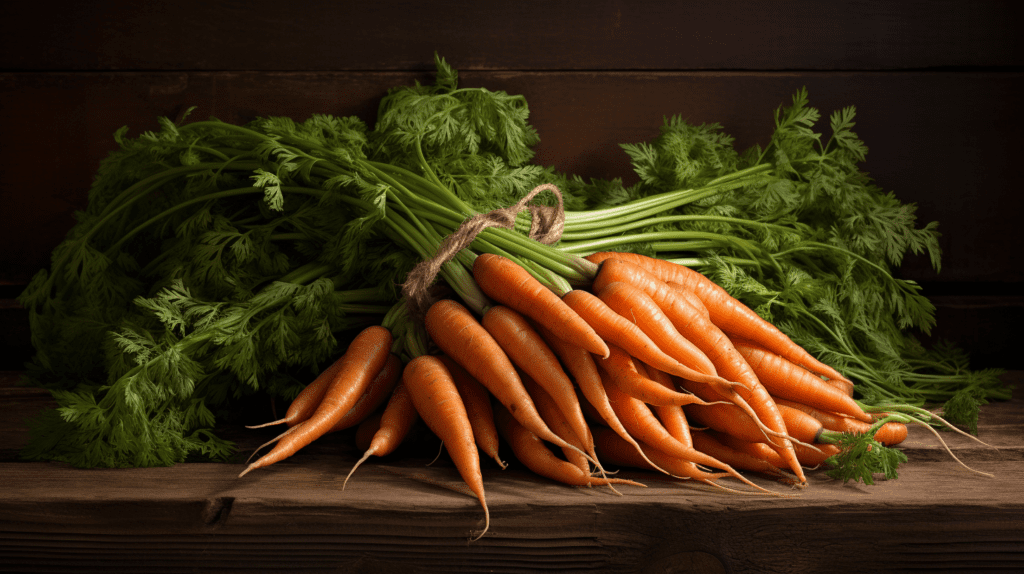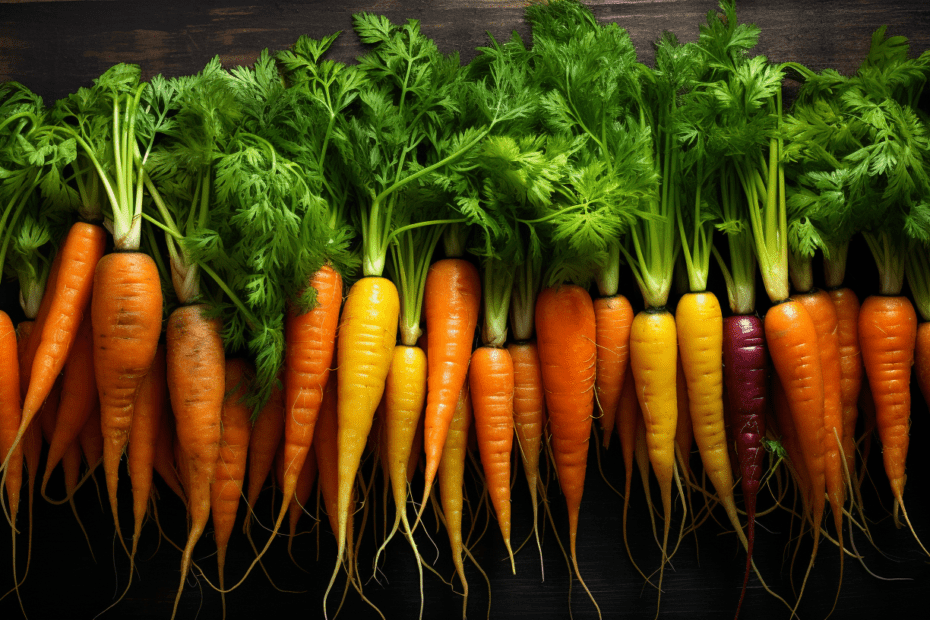Video: Is a Carrot a Fruit or Vegetable? A Deep Dive into the Orange Root
(Directly playing the video will automatically display subtitles in your language. If the subtitles are not in your language, you can go to Youtube to use the subtitle function.
If you like my content, you can also subscribe for more.
- Botanical Classification: In strict botanical terms, a fruit is the mature ovary of a flower, typically containing seeds. Given this definition, carrots are definitively categorized as vegetables, more specifically, root vegetables.
- Historical Evolution: Carrots originally hail from Persia and were not always the iconic orange we recognize today. They were cultivated for their leaves and seeds before the taproot became popular. The orange hue that’s commonly associated with carrots is attributed to Dutch horticulturists, possibly as a tribute to William of Orange, although the validity of this tale is debated.
- Nutritional Powerhouse: Carrots are nutritional goldmines, particularly renowned for their high vitamin A content, which is essential for eye health. They also contain antioxidants like beta-carotene and Lutein, which combat degenerative eye conditions, and offer a host of other vitamins and health benefits.
When you bite into a crisp carrot, have you ever stopped to ponder if you’re enjoying a fruit or a vegetable? It might seem like a simple question, but the distinctions between fruits and vegetables are more intricate than most might suspect. Let’s unpack this conundrum by delving into the delightful world of carrots.
The Botanical Definition: Are Carrots Fruit or Vegetable?

In the botanical world, definitions are precise. A fruit, strictly speaking, is the mature ovary of a flower, typically containing seeds. This definition means that several items we consume as ‘vegetables’—like tomatoes and bell peppers—are technically fruits!
On the flip side, the term ‘vegetable’ is more of a culinary classification rather than a strict botanical one. It broadly covers edible plant parts, including leaves (lettuce), stems (asparagus), roots (carrots), and even flowers (broccoli).
Given these definitions, it’s clear: carrots are vegetables. Specifically, they fall under the category of root vegetables, sharing this designation with other underground wonders like beets, radishes, and potatoes.
The Evolution and History of Carrots

Carrots, with their distinct orange hue and crunchy texture, are believed to have their roots (pun intended!) in Persia. Historically, these plants were cultivated for their aromatic leaves and seeds rather than the taproot we commonly consume today. While the most familiar carrot color is orange, it’s intriguing to note that they haven’t always been this shade. Historical records indicate a spectrum of carrot colors, including purple, red, yellow, and white. The dominance of the orange carrot is a relatively recent phenomenon, often attributed to Dutch horticulturists. They supposedly cultivated this variant as a tribute to William of Orange, although the validity of this tale is debated.
Carrot in the Kitchen:The Culinary Chameleon

Carrots boast a remarkable culinary versatility. Their inherent sweetness lends them to both savory and sweet preparations. They can be roasted, bringing out caramelized notes, or consumed raw, showcasing their natural crunch. Carrots find their way into stews, salads, and even cakes!
When cooked, certain nutrients in carrots become more bioavailable. Notably, the process makes carotenoids, beneficial compounds, more accessible to our digestive systems.
More than Just Eye Candy: The Health Benefits of Carrots

Beyond their culinary appeal, carrots are nutritional powerhouses. They are especially renowned for their high vitamin A content, which is crucial for maintaining good eye health. The body converts the beta-carotene found in carrots into vitamin A. Moreover, carrots are rich in other antioxidants like Lutein, which combats degenerative eye conditions.
Carrots also offer other vitamins such as K and B6, fiber, and have been linked to numerous health benefits, including promoting healthy skin, aiding digestion, and even combating tooth decay.
Storing and Preserving: Making the Most of Carrots

Carrots can last several weeks in the refrigerator, especially if stored in a plastic bag with minimal air. For an extended crunch, they can be immersed in water, which should be refreshed every few days.
The Verdict:Is a Carrot a Fruit or Vegetable?

So, to address the age-old query: Carrots are, without a shadow of a doubt, vegetables. But they are so much more than just that. Carrots are a testament to the wonders of nature, offering not just nutritional benefits but also a storied history, a plethora of culinary uses, and a range of vibrant colors. The next time you snack on a carrot, appreciate it for the remarkable root it truly is.
